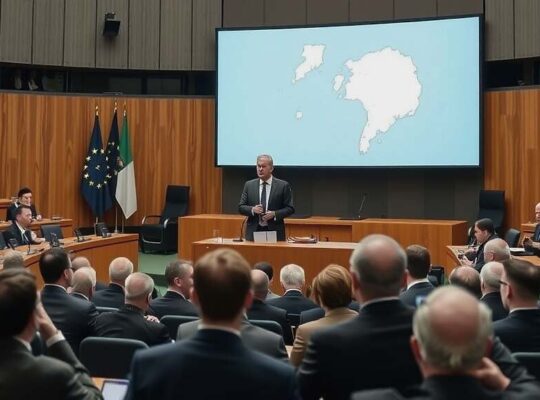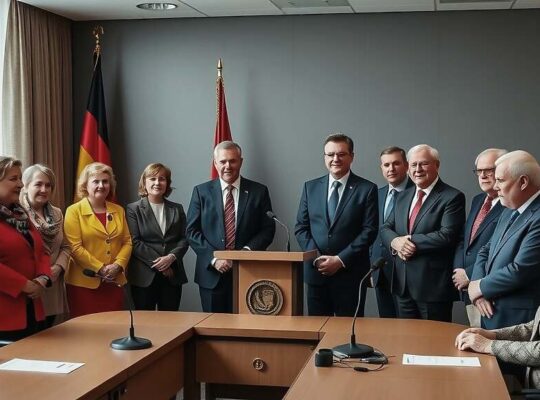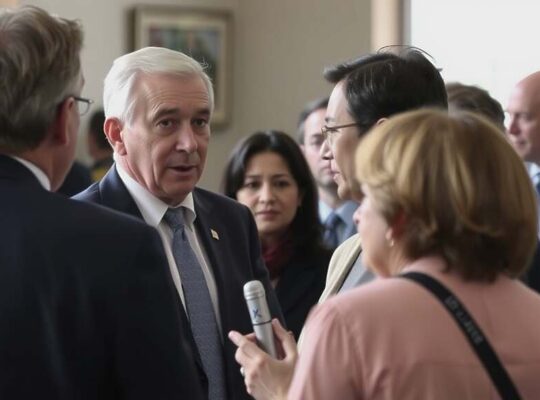The internal divisions within Germany’s ruling coalition are deepening as Chancellor Scholz’s recent comments appear to validate reservations voiced by the youth wing of the Christian Democratic Union (CDU). Pascal Reddig, chairman of the Junge Union (Young Union), lauded Scholz’s remarks in an interview with the Rheinische Post, stating they aligned with a wave of positive feedback received in recent days. He emphasized the need for the entire coalition to now forge a workable compromise.
The escalating tension revolves around the coalition’s proposed pension reform plan, specifically the strategy to maintain the current pension level until 2031. Friedrich Merz, leader of the CDU, had previously defended the right of his parliamentary group to highlight potential consequences stemming from the legislation. He underscored a pre-existing agreement with the Social Democratic Party (SPD) to cap the so-called “stability line” at 48 percent until 2031, crucially adding the caveat that it should not extend beyond that threshold.
This backing from the Chancellery has emboldened the Junge Union’s critique, which has long cautioned against the potentially unsustainable nature of rigidly maintaining the pension level. Critics argue the plan lacks flexibility to adapt to fluctuating economic conditions and demographic shifts and that setting a hard ceiling may necessitate drastic measures elsewhere in the budget.
The debate is not merely a disagreement on policy details; it reflects a broader ideological schism within the coalition. The Junge Union, traditionally representing a more fiscally conservative wing of the CDU, seems to be subtly challenging the SPD’s influence on economic policy. While the call for a “good solution” sounds conciliatory, it implicitly places the onus on the SPD to demonstrate the viability and long-term sustainability of the current trajectory, a pressure that could significantly impact the coalition’s internal dynamics in the months ahead and potentially influence future legislative priorities.












